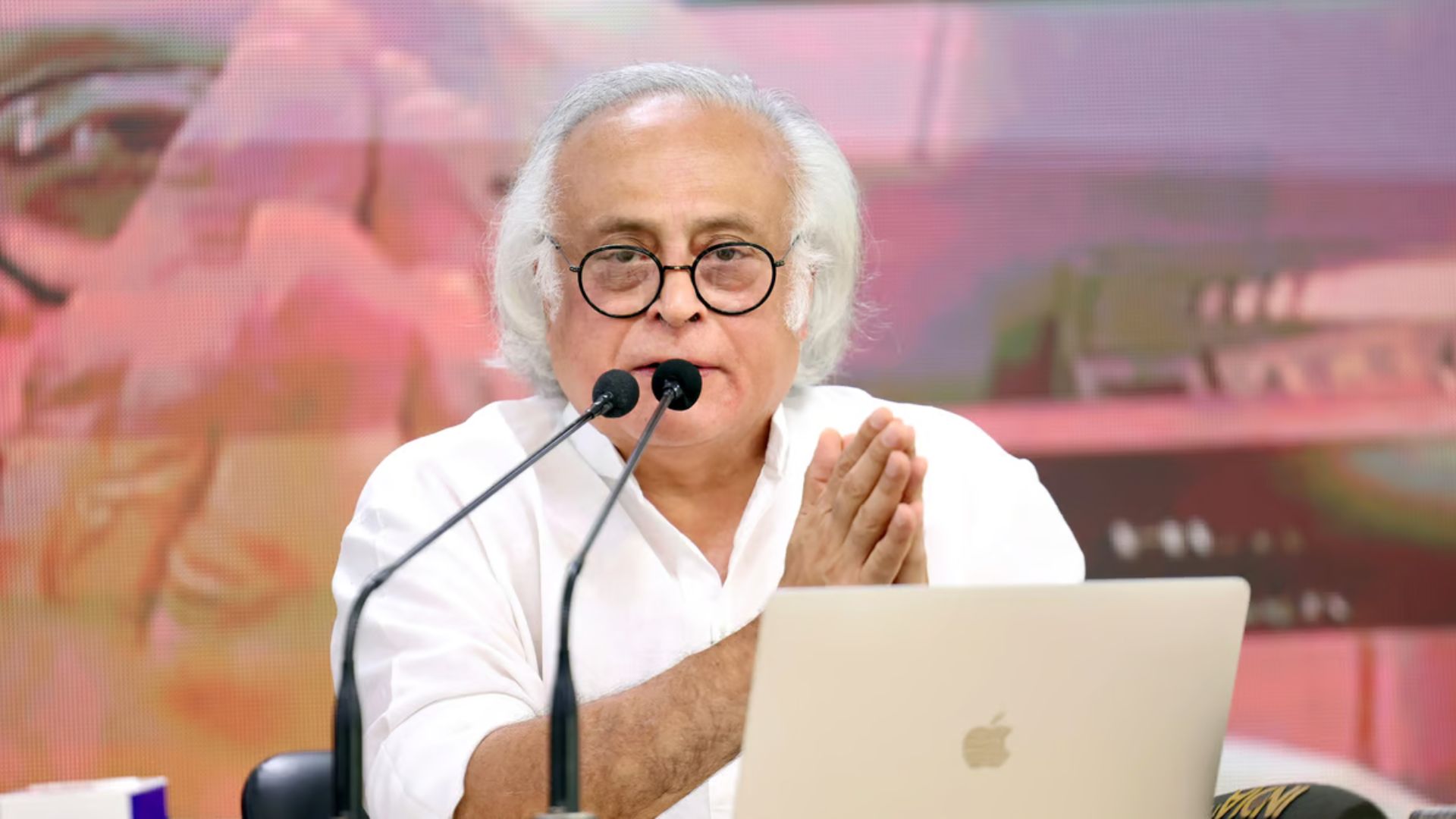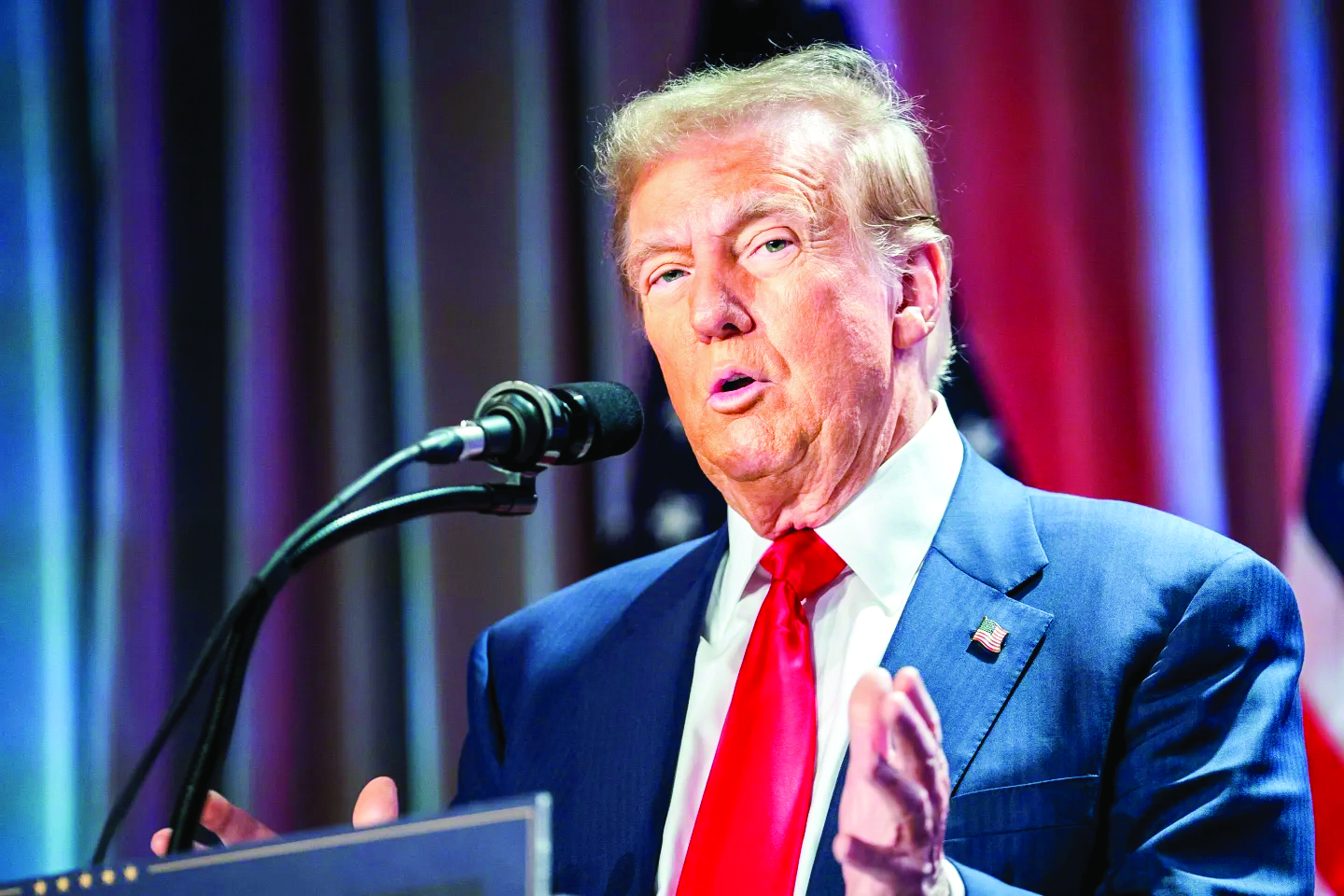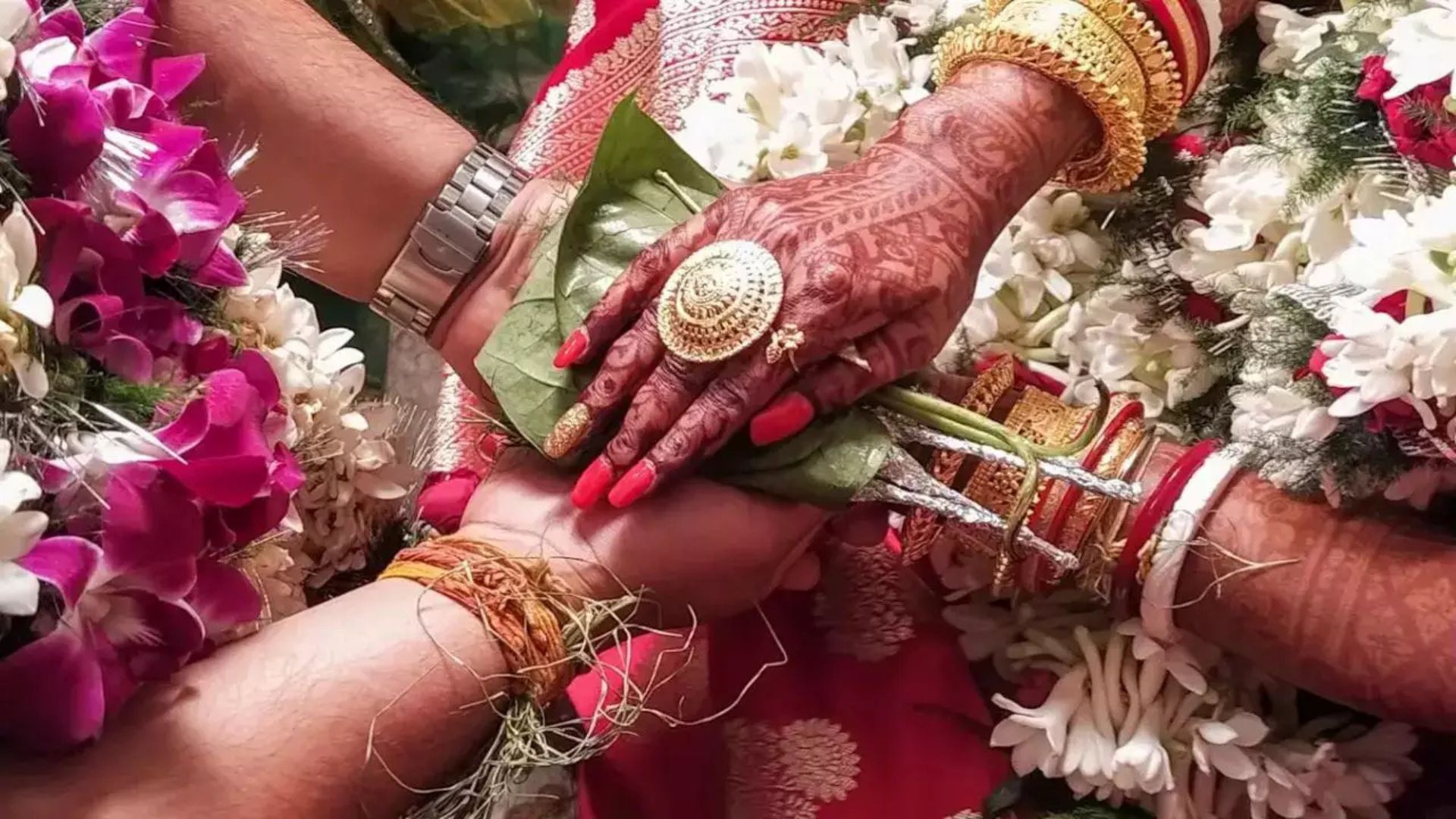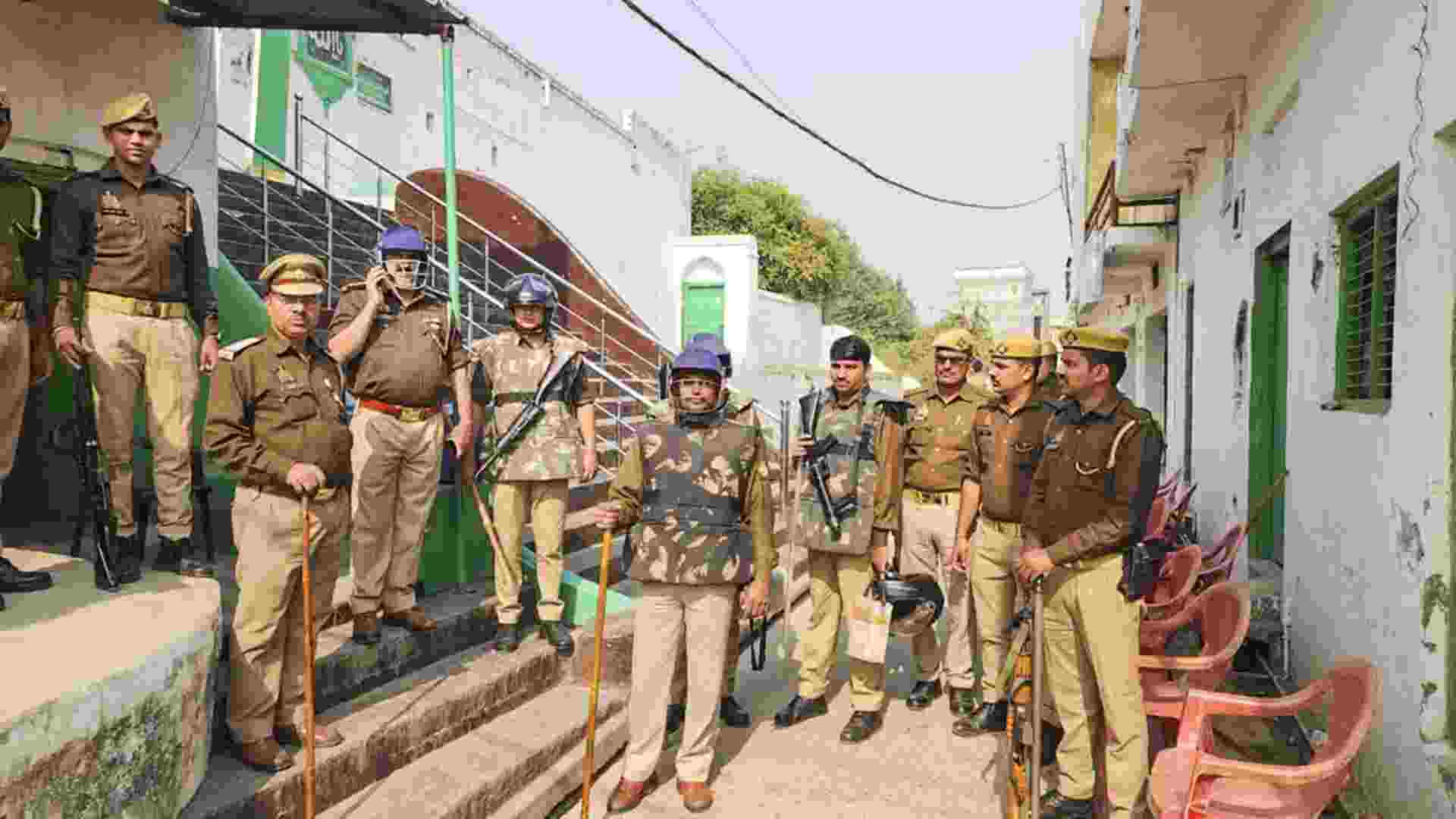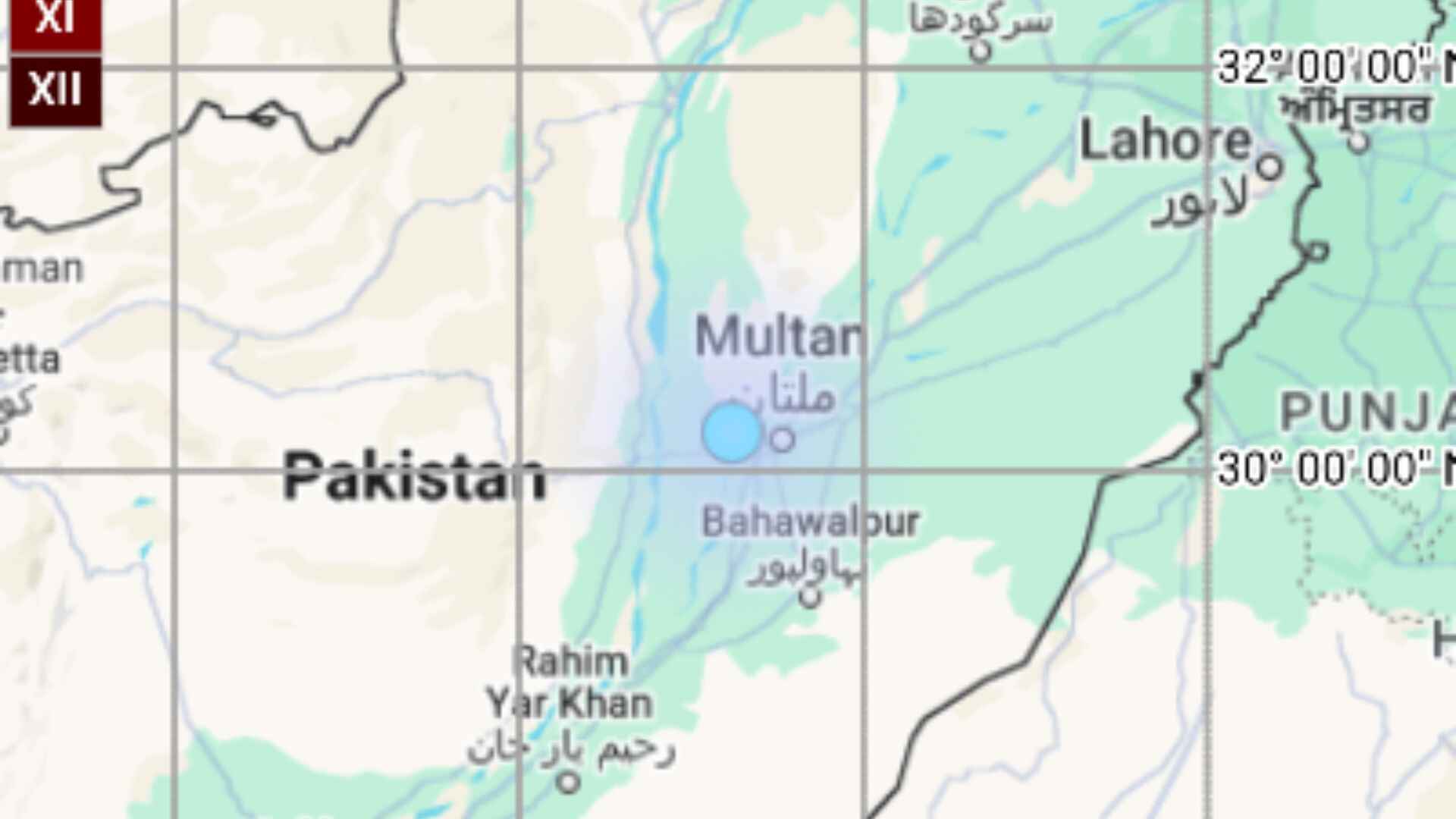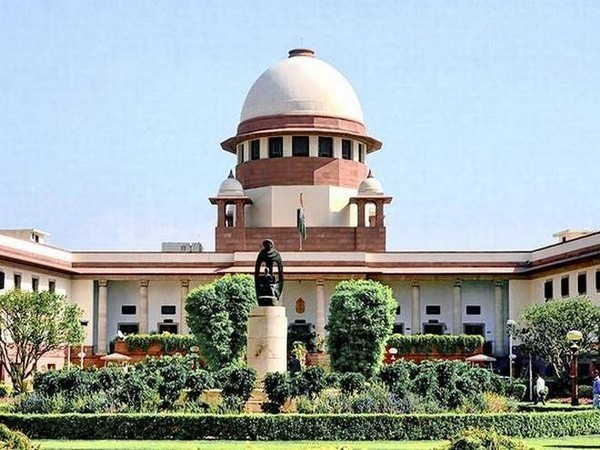
The Supreme Court of India issued a set of instructions on Thursday to high courts across the country to expedite the disposal of criminal cases pending against members of Parliament and state legislatures.
The petition was filed last year in November by Advocate Ashwani Upadhyay at Supreme Court itself. The important fact is that at the time of filing of the petition, 5,097 cases were pending in different MP-MLA Courts of India.
The petition was heard by the bench comprising D.Y. Chandrachud, Justice J.B. Pardiwala and Justice Manoj Mishra. Delays in resolving these cases have allowed lawmakers to complete their terms in office despite facing serious charges. If these charges are proven true, the lawmakers could be disqualified from holding office and barred from contesting elections for a significant period.
The Supreme Court ordered high court chief justices to initiate suo motu cases on the pendency of criminal cases against MP/MLAs and to monitor their progress.
The chief justices have also been instructed to form special benches, which they would preside over, to carry out this monitoring. Additionally, the high courts may seek assistance from the advocate general or public prosecutors in this regard.
The court also directed the Principal District Judges (PDJs) of districts with MP/MLA courts to submit regular reports to the high courts and to prioritise cases punishable by death. The Supreme Court was hearing petitions challenging the provisions of the Representation of People (RP) Act, which prohibit convicted politicians from running for office for six years after serving a jail sentence.
Advocate Ashwini Kumar Upadhyay filed a public interest litigation (PIL) seeking to bar convicted lawmakers from contesting elections. Upadhyay requested the establishment of MP/MLA courts and instructions for the prompt disposal of cases. The court will now hold a hearing on the question of barring convicted politicians from running for office.
SUPREME COURT DIRECTIVES AT A GLANCE
